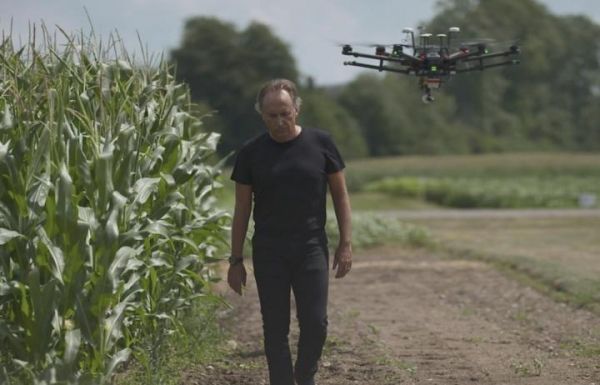In a study published in Nature Sustainability, an ecosystem scientist and an agricultural economist outline how to develop a more sustainable land management system through data collection and stakeholder buy-in.
Bruno Basso, professor in the College of Natural Science at Michigan State University, and John Antle, professor of Applied Economics at Oregon State University, believe the path begins with digital agriculture — or, the integration of big data into crop and farmland usage.
Digital agriculture, Basso says, is where agriculture, science, policy and education intersect. Putting that data to use requires an effective balancing of competing economic and social interests while minimizing trade-offs.
Technologies like genetic modification and crop production automation help produce more food than we need to survive. And while the modern food system is a monument to human ingenuity and innovation, it is not without problems.
Read more at Michigan State University
Image: Bruno Basso, professor of earth and environmental sciences in the College of Natural Science. (Credit: Michigan State University)


